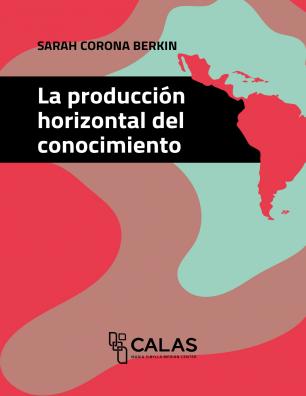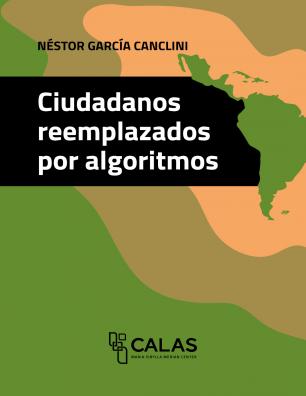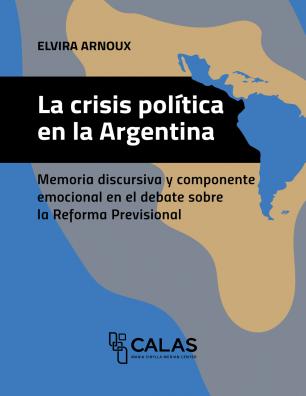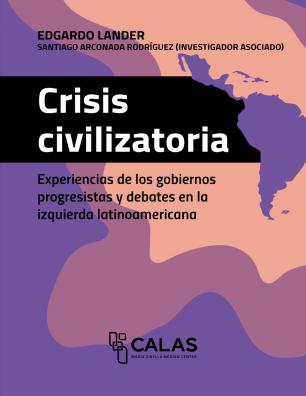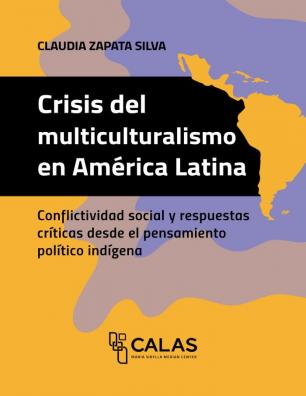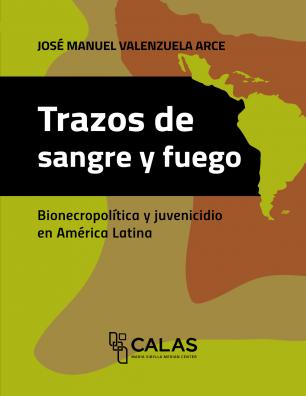Coping with Crisis
Claudia Briones: Conflictividades interculturales. Demandas indígenas como crisis fructíferas
Fake news, populisms, environmental risks due to the anthropocene are radiating signs of disconcerting crises in recent years. Which other questions should be asked in order to face the uncertainties and concerns that they open up to us? Which new approaches are being rehearsed in the social sciences to confront the challenges we face? Where can we look for more precise and alternative definitions?
Sarah Corona Berkin: La producción horizontal del conocimiento
This text ratifies that knowledge does not pertain to a particular discipline or region of the world. The Horizontal Construction of Knowledge refers to the vigor that social knowledge acquires when it is based on the disciplinary dialogue with the voices of the multiple knowledges possessed by those who live and overcome the social problems that afflict them. Research that responds horizontally to social questions contributes in two ways: it produces new knowledge, and new relationships between people.
Néstor García Canclini: Ciudadanos reemplazados por algoritmos
Who worries about us as citizens? Many parties and unions seem to be reduced to domes that distribute prebends. Since the expansion of video politics, television channels complaints and social criticism of those in power, reducing us to spectators. The networks promise horizontality and participation, but they tend to generate highly intense and short-lived movements.
Elvira Narvaja de Arnoux: La crisis política en la Argentina
The debate about the Social Security Reform, approved in December 2017, initiates the current political crisis in Argentina. The parliamentary process revealed strong tensions, which were heightened, a few months later, regarding the agreement with the International Monetary Fund. The text deals with the positions at stake and their inscription in antagonistic discursive formations, based on the ways of referring to the outside of the premises, the memories that are triggered and the semiotization of emotions.
Edgardo Lander: Crisis civilizatoria. Experiencias de los gobiernos progresistas y debates en la izquierda latinoamericana
In the context of the profound civilizational crisis that humanity is experiencing, there is also a severe crisis of the left in different parts of the world. The alternative proposals that were represented by the so-called progressive governments in Latin America fundamentally failed in terms of the transformative objectives they set for themselves.
Claudia Zapata: Crisis del multiculturalismo en América Latina
Has the life quality for the Indigenous peoples in Latin America improved after three decades in which legislation has been developed to recognize them? Statistical information and the increase of social conflictivity in the indigenous territories leads to the negative answer on that question.
Maristella Svampa: Las fronteras del neoextractivismo en América Latina
The present book analyzes the progress of neo-extractivism in Latin America, through four fundamental nuclei. 1) It proposes the categories of neo-extractivism and Commodity Consensus as privileged vantage points for reading the current crisis. 2) It analyzes the different phases of neo-extractivism, from 2003 to the present. 3) It addresses the social resistances and the new political grammars, from the concept of the ecoterritorial turn and places the accent on the advance of indigenous peoples and the increasing protagonism of women.
José Manuel Valenzuela: Trazos de sangre y fuego
The destructive features of the late international capitalist order brought the life-and-death relationship to the forefront of social, humanist, ecological and artistic discussion. The processes of poverty and social inequalities have been emphasized, as well as the scenarios of violence and death that involve people, the planet and life itself.
Olaf Kaltmeier: Refeudalización
In contemporary societies we observe a state of social inequality as in the Ancien Régime, the concentration of wealth in the "1 percent", billionaires as presidents, the increase of luxury consumption and the emergence of a culture of distinction as well as the concentration of land and spatial segregation. In order to understand these phenomena in a coherent interpretative framework, this essay proposes the hypothesis that we are living in the early 21st century a new conjuncture of re-feudalization.



